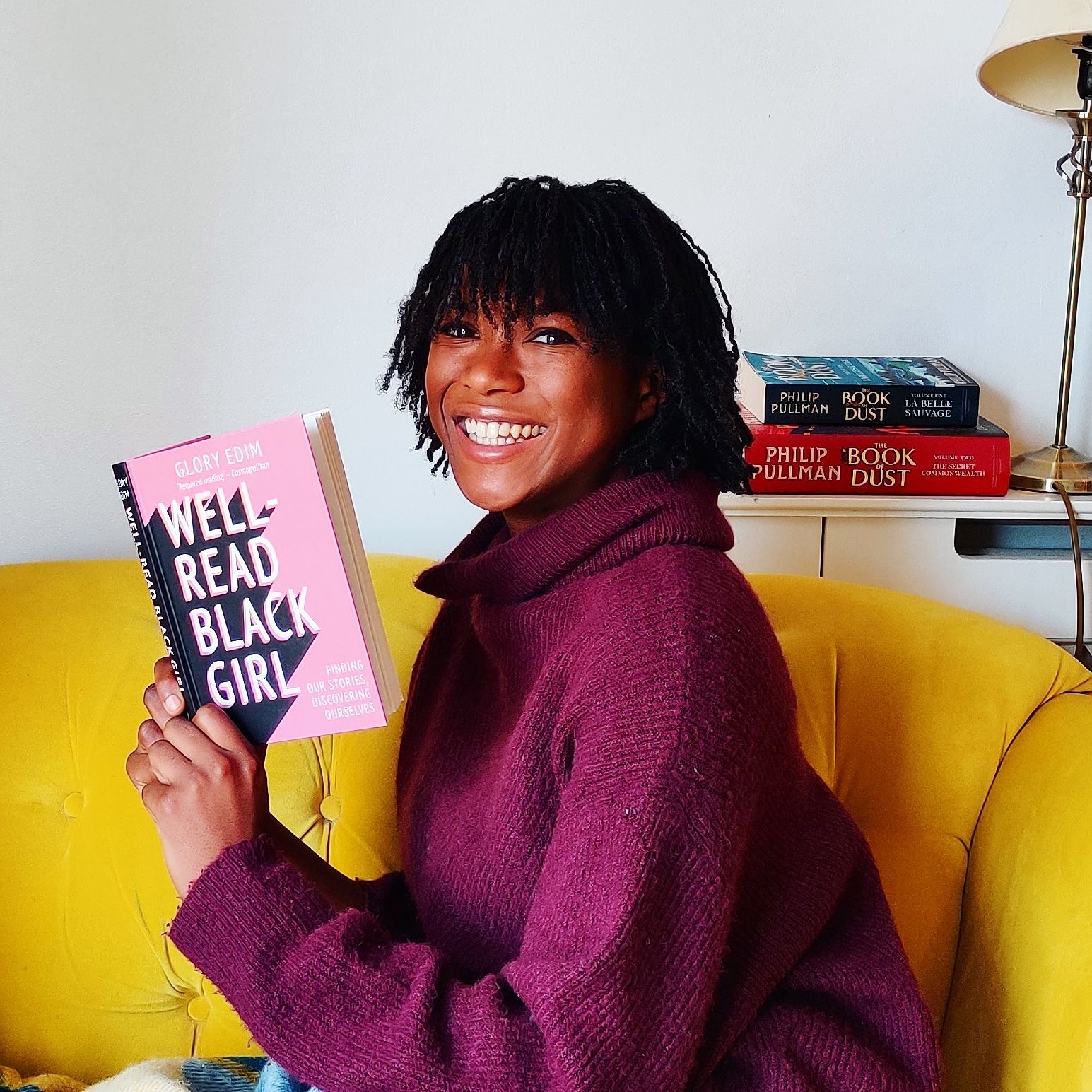
THE PLOT: ‘Minor Detail’ by Adania Shibli (translated by Elisabeth Jaquette) is a novella based on a true story of a Bedouin girl who was raped and murdered by Israeli soldiers. Split into two halves, the book begins in the summer of 1949. One year after the Nakba, Israeli soldiers patrolling a desert area capture and rape a young Palestinian woman. In the second half, a present-day woman in Ramallah becomes obsessed with this ‘minor detail’ of history and goes on a quest to learn more about the incident.
SUMMARY: You don’t need me to explain the horrific genocide of Palestinian people currently taking place. We’ve all seen the videos of murdered children and the deliberate starvation of their siblings left behind. We all know there is no justification for treating any human being in this way. This book was published in translation in 2020, yet shot to notoriety when it won the 2023 LiBeraturpreis Prize and a ceremony for the author scheduled at Frankfurt Book Fair was cancelled. Without getting into the ethics of that decision (NB, I abhor the statements released, while understanding why a ceremony part-funded by the German Government would have such a knee-jerk reaction), it has been brilliant to see people pick up this novella as a result. In particular, I’ve loved seeing people decide to make up their own minds about it. Overall, I found it was a well-written, intelligent depiction of the legacy of violence yet the writing style was a bit too obscure and literary for my tastes. However, I’m glad I picked this up and would recommend it to lovers of literary fiction.
GOOD BITS: This novella is very nuanced and thoughtful, with sophisticated use of imagery and repetition. It highlights the importance of details, such as the way a soldier wipes his neck, and demonstrates how seemingly minor events build up to a whole narrative of destruction and erasure. In the first half, the detached writing style creates a bleak atmosphere and the reader feels alienated from the people and landscape, until the second half pulls you into a relatable character. The structure and framing of the narrative is also clever and I liked how it came full circle, with an inevitable but satisfying ending.
NOT SO GOOD BITS: At c.100 pages, I thought I’d be able to read this in one sitting. However, if I’m honest, I struggled to get through it. The detail-oriented writing style felt extremely laborious and the lack of dialogue made me feel removed from the characters and story. I’ve seen many people recommend this novella to learn more about the Palestinian struggle, but I have to disagree. For those who want to support Palestine but aren’t avid readers, I think the literary style might be alienating and I believe there are more accessible Palestinian novels suitable for a general reader.
OVERALL: This feels like a book that would benefit from discussion via a buddy read or in English literature classes because there is so much to dissect. If you’d like to learn more about Palestine or support Palestinian authors, I’d recommend you also read; ‘Mornings In Jenin’ by Susan Abulhawa, ‘They Called Me a Lioness’ by Ahed Tamimi and Dena Takruri, ‘Trees for the Absentees’ by Ahlam Bsharat, and ‘The Beauty of Your Face’ by Sahar Mustafah.
This book is available to purchase on my bookshop.org account.

